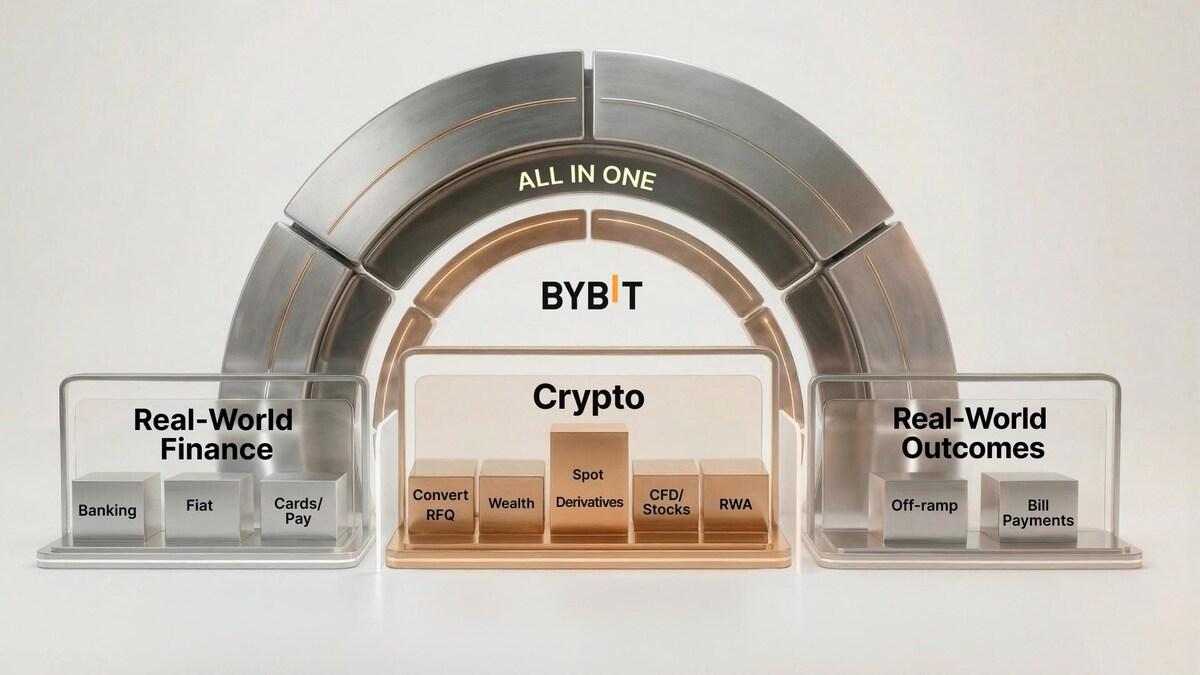Key Points:
- Trader Joe has announced the release of Liquidity Book V2.1, with additional features beginning to roll out today.
- Autopools, sJOE fee sharing, Permissionless Pools, and other new features are included in Liquidity Book V2.1.
- The pools in the Liquidity Book must be upgraded from V2 to V2.1.
Trader Joe, a decentralized exchange (DEX), has announced the release of Liquidity Book V2.1.

The new features are being rolled out today and will be gradually ramped up over the next several weeks.
Autopools, sJOE fee sharing, and other new features of Liquidity Book V2.1.
Autopools provides a platform for automatic liquidity strategy execution for Liquidity Book pools. Customers who do not wish to actively manage their liquidity holdings may instead use an Autopool. Autopools will be enhanced over time to incorporate more unusual techniques such as off-chain signals, alternative asset mixes, and so on.
Users may deposit tokens into an Autopool and obtain a token receipt, which can be used for other DeFi operations like a Yield Farm, collateralization, and leverage.
Fees collected in Liquidity Book pools will be distributed as a percentage to sJOE Stakers. Fee sharing will be limited to each chain, therefore, sJOE on Arbitrum will only share fees on Arbitrum, and sJOE on Avalanche will only share fees on Avalanche.

Fee sharing enables sJOE investors to split a percentage of the fees collected in Liquidity Book pools. Moreover, Liquidity Book V2.1 cuts typical gas costs by 30-40%. sJOE Fee share is now available for all V2.1 Liquidity Pools being created on Avalanche. Expect sJOE to grow as more V2.1 pools are migrated and deployed.
Liquidity Book V2.1 includes a thorough code update, as well as all new contracts. As a result, the Liquidity Book pools must be upgraded from V2 to V2.1.
The move will take place in stages over many weeks. The pools that may now be migrated will be marked with the word “Migration.” Trader Joe recommends that liquidity providers move their holdings to V2.1 as soon as possible.
Users will also be able to set up swap instructions that will execute the purchase or selling of a Token at chosen price points across all Liquidity Book Markets in the near future.

This feature will be a native build that functions as a ‘Maker’ type liquidity order in which the user puts tokens into a Liquidity Book pool with the instruction to withdraw the liquidity if the desired price is fulfilled.
With the introduction of its v2 platform on Arbitrum on February 1, Trader Joe has lately accomplished incredible success, rising into the top five DEXs by trading volume. Although Monetary incentives contributed to ARB’s increased liquidity, the team’s creativity in expanding the DEX’s capital efficiency is the fundamental driver for its development.
DISCLAIMER: The Information on this website is provided as general market commentary and does not constitute investment advice. We encourage you to do your own research before investing.
Join us to keep track of news: https://linktr.ee/coincu
Harold
Coincu News














